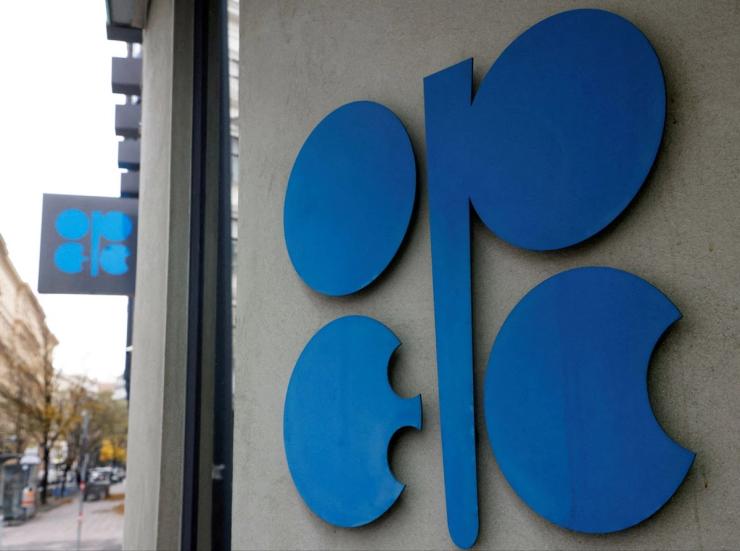Amena’s view
Every two years, Vienna’s Hofburg Palace hosts the OPEC Seminar, bringing together energy ministers, oil executives, and industry observers. This year’s event carried a familiar message that has long been doubted by those outside the oil-producing group: peak demand is at least a generation away.
For years, the global conversation about energy has been dominated by decarbonization and the transition away from fossil fuels. While the transition remains urgent — OPEC’s largest members are major investors in and adopters of solar, wind, and nuclear — the group insists that oil’s relevance isn’t fading. Saudi Arabia’s Energy Minister Prince Abdulaziz bin Salman set the tone in Vienna last week: energy policy should be guided by “economics and innovation” rather than “ideology,” he said.
OPEC’s data reinforced this posture. Its latest World Oil Outlook revised global oil demand forecasts upward through 2050, with growth driven by demographics, urbanization, and economic development, particularly in the Global South. Suhail Al Mazrouei, the UAE’s energy minister, said: “Peak demand … that is gone … no one is talking about that anymore.”
So what does perpetual demand growth mean for OPEC’s strategy and oil prices? This is what I tried to find out in discussions in the Hofburg’s ornate halls.
When it comes to the market, it remains on edge. A nuclear engineer in attendance offered a metaphor: “the world is in a meta state,” a moment where instability simmers beneath the surface, ready to erupt with the smallest triggers.
The 12-day conflict between Israel and Iran was an example of how just the potential loss of crude supplies — without any actual diversion of a single cargo — hiked prices. Had the Strait of Hormuz, through which a third of global oil flows, been disrupted, prices could have easily surged over $100 a barrel. This risk to spare capacity, which is mainly held by Saudi Arabia and the UAE, will continue to affect the market.
On the strategy side, OPEC officials in Vienna were taking a victory lap, hinting in their seminars that analysts got both sides of the oil equation wrong this year: demand was underestimated and supply overestimated. The belief that OPEC — and producers outside of the group that make up OPEC+ — couldn’t boost output without sinking prices has been proven false. OPEC+ added around 1.9 million barrels per day of production and prices are still hovering around $70 a barrel. Officials noted that this was a “gotcha moment,” proving its strategy was driven by fundamentals.
In the short term, OPEC+ is intent on raising output and regaining market share. Even if this depresses prices, the group is content with displacing production from higher-cost fields.
In the long term, the message from Vienna was more measured than the victory lap I noted above. Officials there said there are no easy assumptions, that the world is entering a more complex, volatile phase. In this “meta state,” the best approach is to remain flexible because it takes just one spark to set a new reality in motion.
Amena Bakr is the Head of Middle East Energy & OPEC+ research at Kpler, an independent global commodities trade intelligence company.
Notable
- While the “death certificate” for oil is “premature,” OPEC’s bullish outlook depends on rising demand from transportation and power generation — an assumption industry expert Robin Mills calls “a little hard to believe” in a column for The National.
- OPEC has barred some media outlets — Bloomberg, the Financial Times, The New York Times, The Wall Street Journal, and Reuters — from attending the oil seminar last week, Bloomberg reported.


